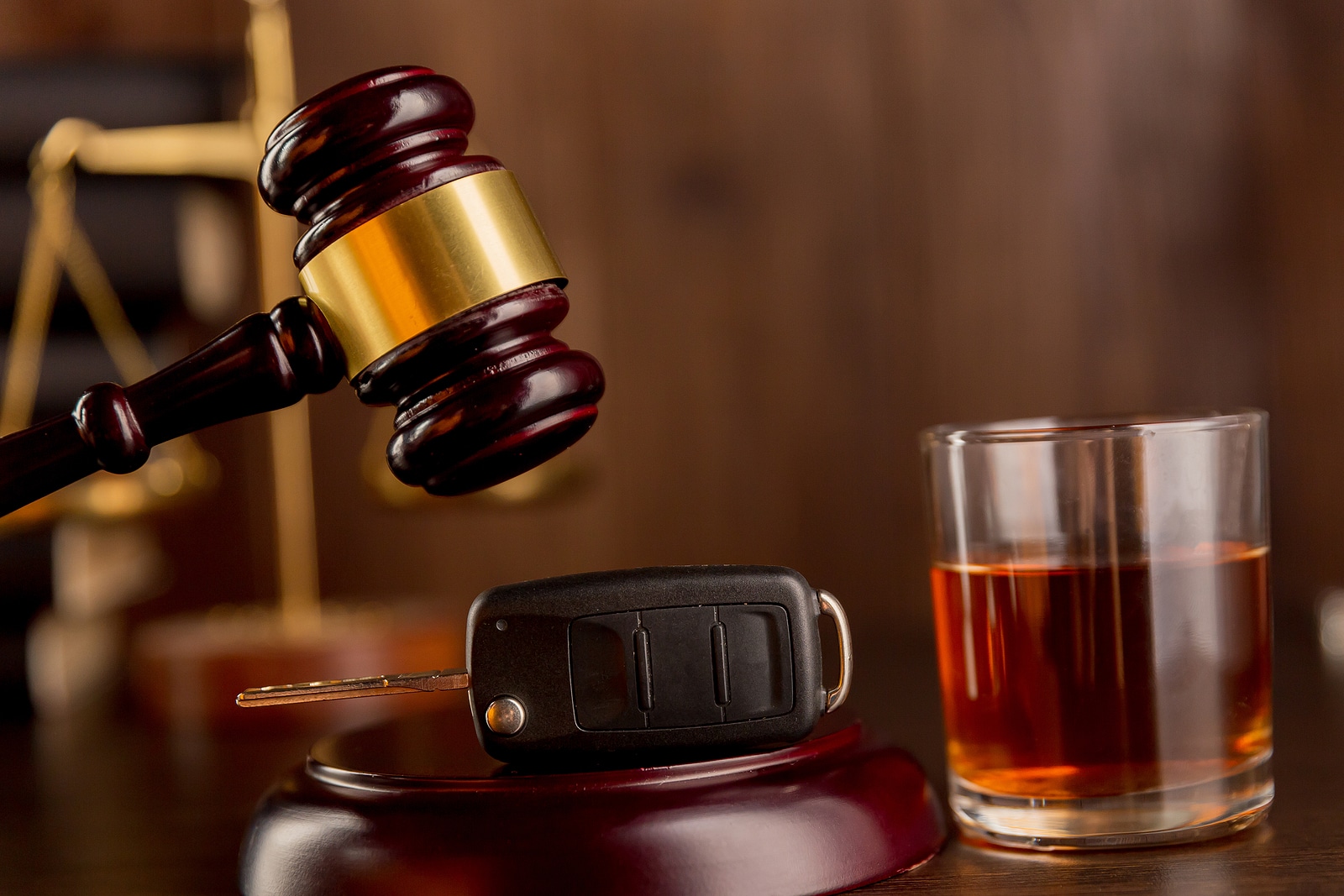An Overview of Drug Laws and Penalties in Georgia
Georgia has strict drug laws in place to deter and punish drug-related offenses. The state’s drug laws are based on the Georgia Controlled Substances Act, which classifies controlled substances into five schedules based on their potential for abuse and addiction. The Act also establishes penalties for various drug offenses, including possession, distribution, and trafficking. Understanding the intricacies of Georgia’s laws, including the classification of controlled substances, sentencing guidelines, mandatory minimum sentences, and the impact on criminal records, is crucial for individuals navigating the legal system.
Classification of Controlled Substances
Georgia classifies controlled substances into schedules based on their potential for abuse, medical use, and dependency. The schedules range from I to V. Schedule I substances are considered the most dangerous, while Schedule V substances have the lowest potential for abuse.
Schedule I substances are those that have no approved medical use and have a high potential for abuse, such as heroin, cocaine, and LSD. Drugs such as morphine, oxycodone, and methamphetamine are considered Schedule II substances that have a medical use but also a high potential for abuse.
The Schedule III drugs are those that also have some established medical use but a lower risk for abuse. Examples of Schedule III substances are Vicodin, Xanax, and anabolic steroids. Schedule IV substances are used in medical settings and have a low potential for abuse, such as Valium, Ambien, and Klonopin. The final schedule, Schedule V, includes substances with a low potential for abuse and low potential for dependence, such as Robitussin AC and Cough Syrup.
Possession and Trafficking Penalties
Penalties for drug offenses in Georgia are dependent upon the type of substance, amount of the substance involved, and the defendant’s criminal history. In general, the penalties for drug offenses are more severe for Schedule I and II substances than for Schedule III, IV, and V substances. Possession of small amounts for personal use typically results in less severe penalties than trafficking or distribution offenses. Penalties may also increase if the offense occurs near schools, parks, or other designated zones.
Possession
Georgia’s penalties for possession range from a misdemeanor to a felony, depending on the schedule of the substance and the amount involved. For example, an individual found to be in possession of less than one ounce of marijuana is a misdemeanor punishable by up to a year in jail and a $1,000 fine. Possession of a Schedule I or II substance is a felony punishable by 1 to 15 years in prison.
Distribution
The penalties for distributing a controlled substance in Georgia are more severe than the penalties for possession. Distribution is defined as the sale, transfer, or delivery of a controlled substance to another person. The penalties for distribution of a controlled substance range from a felony to a life sentence, depending on the schedule of the substance and the amount involved. For example, distribution of a Schedule I or II substance is a felony punishable by 1 to 30 years in prison. Distribution of a Schedule I or II substance that results in death is punishable by life in prison without parole.
Trafficking
Trafficking is defined as the manufacture, transportation, or importation of a controlled substance with the intent to distribute it. The penalties for trafficking in a controlled substance in Georgia are the most severe of all drug offenses. Trafficking in a Schedule I or II substance is punishable by a mandatory minimum of 25 years in prison and a fine of $500,000.
Sentencing Guidelines and Mandatory Minimums
Georgia employs sentencing guidelines to determine the punishment for drug offenses. The severity of the penalty is influenced by factors such as the defendant’s criminal history, the type and quantity of the drug involved, and whether the offense involved aggravating circumstances. Mandatory minimum sentences may apply to certain drug offenses, limiting a judge’s discretion in imposing a lighter sentence. Mandatory minimum sentences are intended to deter drug trafficking and to ensure that serious drug offenders are punished severely. However, critics of mandatory minimum sentences argue that they are unfair and that they lead to disproportionate punishment for minority defendants.
Impact on Criminal Records
Drug convictions can have lasting consequences on an individual’s criminal record. A drug conviction can make it difficult to obtain employment, housing, and education. In addition, a drug conviction can make it more challenging to obtain a driver’s license or to purchase a firearm. In Georgia, some drug offenses may be eligible for expungement or record restriction under certain conditions, allowing individuals to move beyond the legal consequences of their past actions.
Diversion Programs and Rehabilitation
Georgia recognizes the importance of addressing drug offenses with a rehabilitative approach. Some individuals may be eligible for diversion programs, which offer an alternative to traditional sentencing. These programs may include drug education, counseling, and treatment as an alternative to incarceration, providing offenders with an opportunity to address the root causes of their involvement with controlled substances.
Facing Drug Charges in Georgia? Seek Experienced Legal Representation
Navigating Georgia’s drug laws requires a thorough understanding of the classification of controlled substances, sentencing guidelines, and potential consequences for offenders. While the state emphasizes punishment for drug offenses, there is also a recognition of the value of rehabilitation and diversion programs to address the underlying issues contributing to drug-related crimes.
Individuals facing drug charges in Georgia should seek legal counsel to navigate the complexities of the legal system and explore the best options for their specific situation. The team at Carl Chapman, P.C. provides comprehensive legal services for individuals facing a wide range of drug offenses. Don’t face drug charges alone. Contact our experienced legal team today at 470-206-2169 for a confidential consultation.

 470-206-2169
470-206-2169





